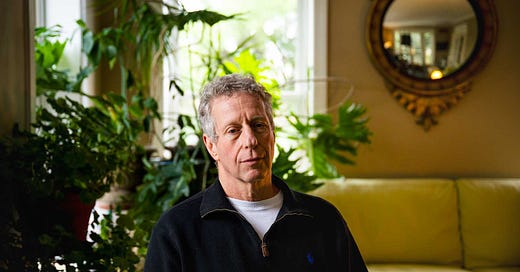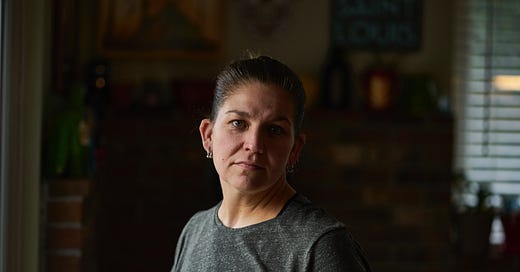You Can Be Addicted to Weed. I Was When I Was 12.

College kids in the 1970s toke up. (Photo via Bettmann/Getty Images)
Boomers who fought for legalization have no idea how dangerous it is.
707
In April, my father and I were at a Passover seder in Los Angeles hosted by some family friends. There was a man there in his sixties telling a story about going to college in the seventies, and all the drugs and partying he did.
At one point, someone asked where all his friends are today, and he said something like, “Everyone’s fine except for one who …
Enjoying the story?
Enter your email to read this article and receive our daily newsletter.
Error
Already have an account?
Sign In














